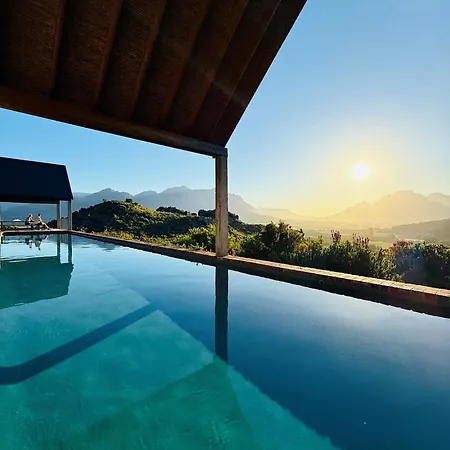Hokuriku Hotels for Your Next Holiday
Why Tourists Visit Hokuriku
- • Explore Kanazawa’s iconic Kanazawa Castle and Kenrokuen Garden.
- • Visit Gokayama and Shirakawa-go to experience the traditional gassho-zukuri farmhouses.
- • Hike the Tateyama Kurobe Alpine Route for panoramic mountain views.
- • Relax in the famous hot springs of Awara Onsen or Yamanaka Onsen.
- • Take in seafood delights at fish markets like Omicho Market in Kanazawa.
Hokuriku offers over 1,000 hotels, ranging from traditional ryokans to modern luxury stays, with the majority located in cities like Kanazawa, Toyama, and Fukui; 3-star hotels typically cost $80–$120 per night, while 5-star options like KAI Kaga reach $300 or more. Exciting new additions include Hyatt House Kanazawa, which offers spacious suite-style rooms with a residential vibe, ideal for families or long stays.
Hokuriku, a stunning region in northwest Japan, is renowned for its blend of tradition and natural beauty, with top attractions like Kanazawa’s Kenrokuen Garden, Shirakawa-go's UNESCO-listed villages, and the Tateyama Kurobe Alpine Route.
Characterized by its scenic coastline along the Sea of Japan, historic samurai districts, and exceptional local cuisine like fresh seafood and Kaga-style kaiseki, Hokuriku offers visitors a mix of cultural discovery and relaxation.
The region’s growing popularity is due to its fast accessibility via the Hokuriku Shinkansen, connecting Tokyo to Kanazawa in just 2.5 hours, making it an ideal destination for all types of travelers.
Hokuriku Tips You Must Know
• Book hotels in Kanazawa or Toyama at least 4–6 months in advance if visiting during cherry blossom season (April) or autumn foliage (October–November).
• Many ryokans include dinner and breakfast in the cost; opt for these to experience authentic Hokuriku cuisine without hunting for a restaurant.
• Utilize the Hokuriku Arch Pass for unlimited travel on JR trains in the region, perfect for day trips between major cities.
• In winter, stay near ski resorts like Hakusan Ichirino for snow activities, or pack water-resistant footwear for coastal walks in often wet weather.
• Familiarize yourself with local bus networks, especially if visiting Shirakawa-go or mountainous onsen towns, as train routes may not always connect directly.































